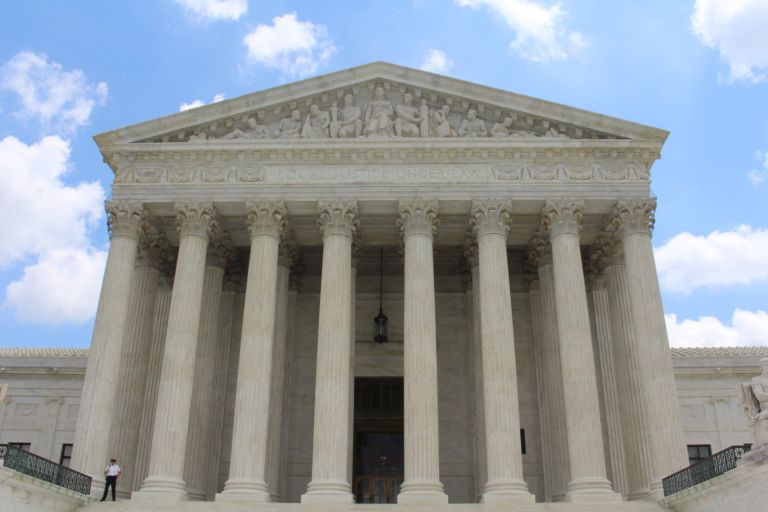The latest issue of Hillsdale College’s Imprimis features Karl Zinsmeister of the Philanthropy Roundtable and his assessment of the value of private charity.
[P]hilanthropy in the United States is not just a story—or even primarily a story—about wealthy people or big foundations. Only 14 percent of charitable giving in our country comes from foundations, and only five percent from corporations. The rest comes from individuals, and the bulk of it comes from small givers at an average rate of about $2,500 per household per year. …
… The topic of medical research brings to mind the question of how private philanthropy compares to government funding. The former is superior in its ability to be individualized and pluralistic. What do I mean by this? Many of the most successful causes in the charitable world—causes like micro lending, Alcoholics Anonymous, mentoring programs, and college dropout programs—rely heavily on one-to-one accountability, taking advantage of the information available when you know who you’re working with. By creating personal transactions, they use the power of relationships to change behavior. As Mother Teresa used to say, “I never think in terms of a crowd, but of individual persons.”
Government programs, by necessity, focus on the crowd. Far from having different approaches and rules for different kinds of people, they are about being strictly the same for all participants. They are praised for being consistent, but one-size-fits-all standardization is not really how humans thrive. Individualized services, hard to come by in government programs, are a hallmark of philanthropic work.
Which leads us to a fancy word that every American ought to know: polyarchy—referring to a society in which there are many independent sources of power (the opposite of monarchy). The United States has a notably polyarchic culture, and independent philanthropy is a big part of this. As Yale Law Professor Stephen Carter points out, different people measure community needs with “different calipers,” and millions of individual philanthropic decisions lead to more variety in giving, and more protection for non-mainstream points of view, than government programs.
Still, partly because so much of private charity takes place out of the public eye—on the local level, private, often anonymous—many grossly underestimate its power and insist that major concerns can only be addressed through government action. …
… There are foolish givers and dumb projects. But charitable programs that don’t produce results soon die or are remade into something different.
The genius of the philanthropic mechanism is that it is able to take people just as they are, imperfections and all, and help them do wondrously useful things. Adam Smith noted that freely conducted commerce can turn normal human behaviors, including mercenary ones, into something valuable. This is as true in the world of philanthropy as it is in business.
Part of the magic of America’s charitable structure is that it is able to convert commonplace private impulses into tremendous uplift for all of society.


